Case 4
- Sunday School Supplies and Personal Ethos
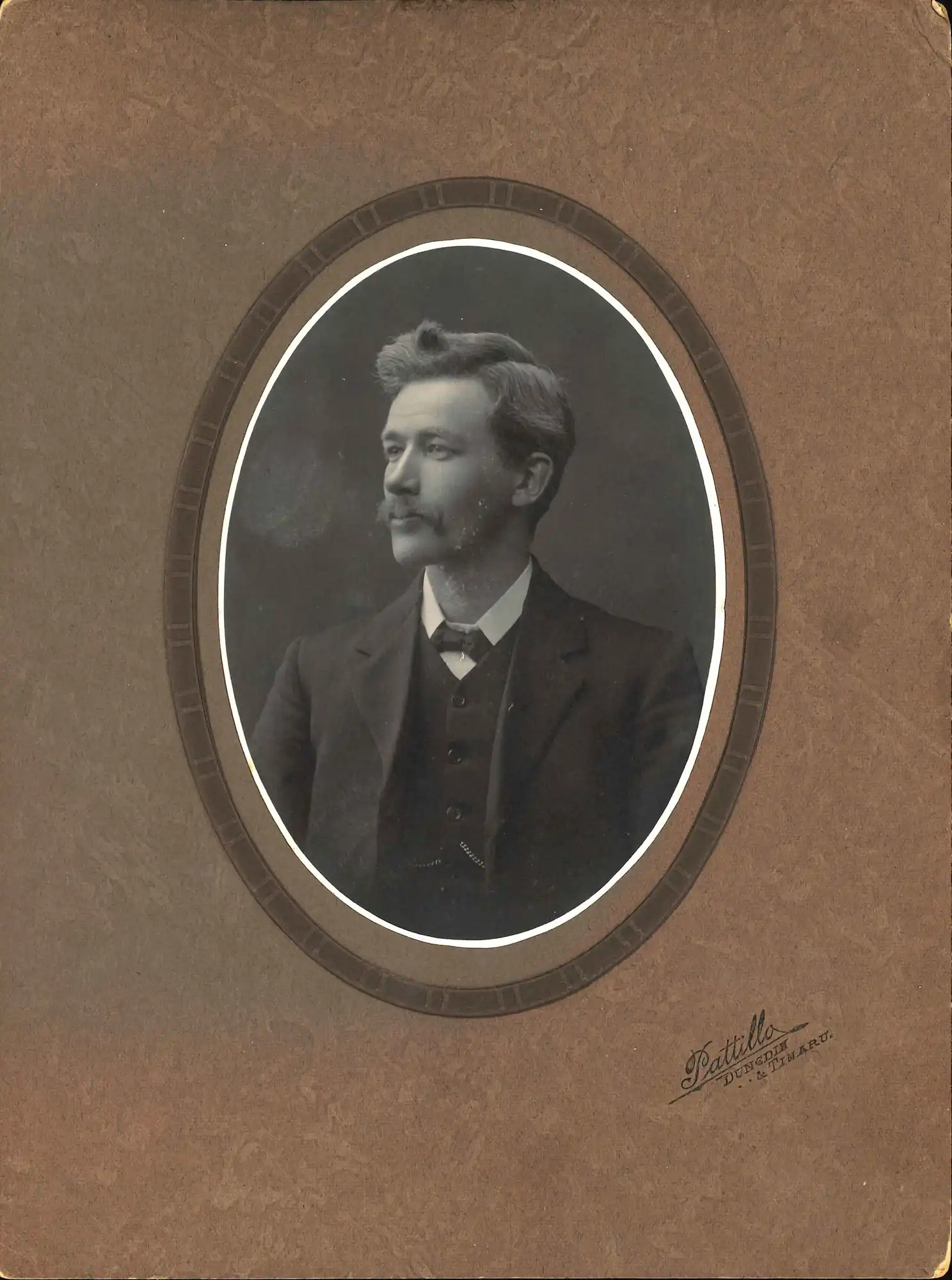
Portrait of A.H. Reed, ca. 1910.
The rudiments of what was to become Reed Publishing first appeared in Dunedin in the 1900s as Alfred Reed started to supplement his income from the Typewriter Company with the small-scale selling of imported Sunday School materials. His early ventures into religious education were essentially a hobby with minimal profits gained. Alfred and his wife Isabel were both devout Christians and members of the Methodist Church with immense enthusiasm for doing what they felt was God’s work.
This photograph of A.H. Reed was taken shortly after the time of his founding of the Sunday School Supplies Store.
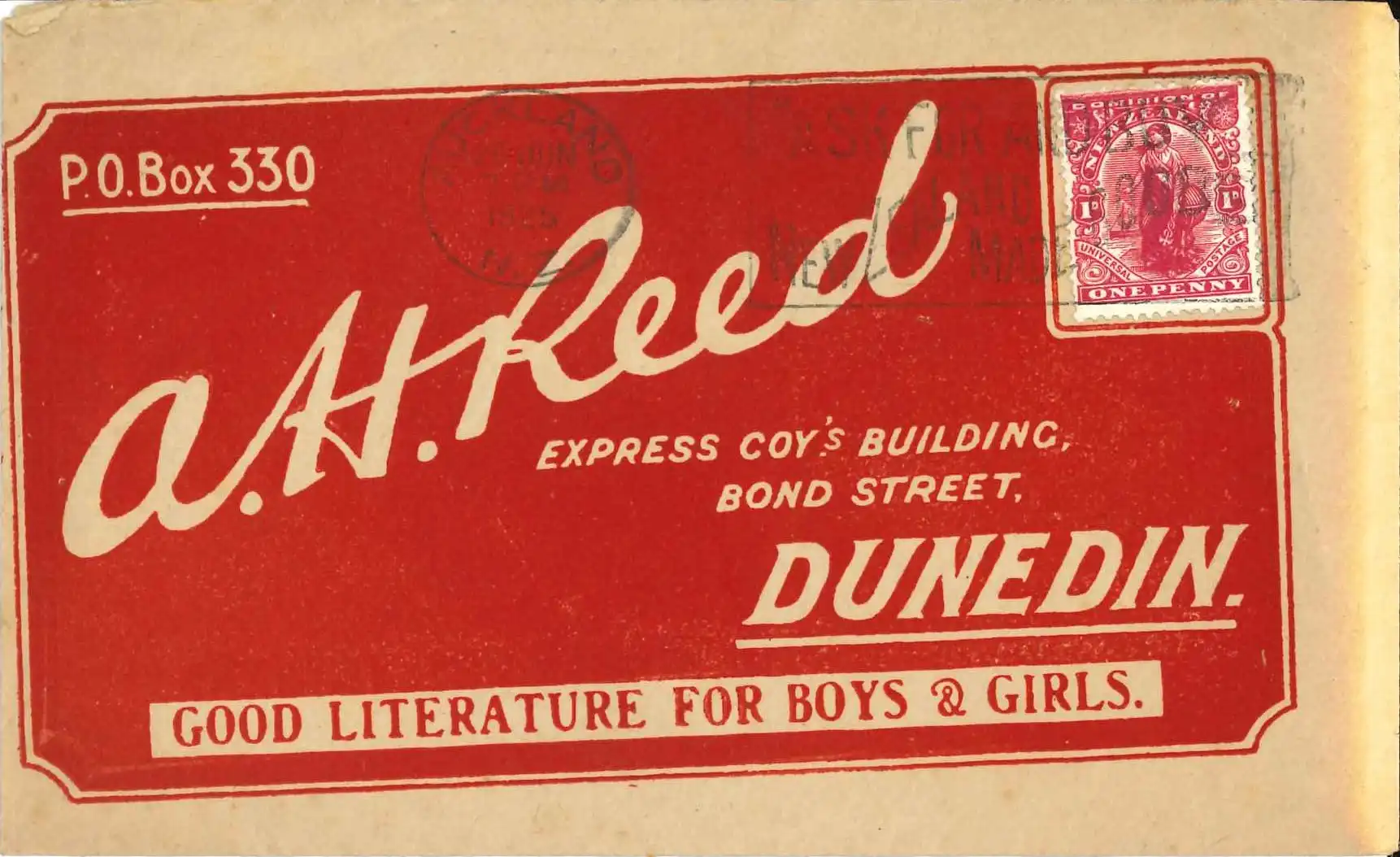
Company envelope for A.H. Reed, Express Company Building, Dunedin, 1925.
By 1911, Reed’s Sunday school business had expanded, and he moved his premises to the sixth floor of the Express Company Building in Bond Street. It was at that time Dunedin’s tallest building, and Reed’s office remained there until 1925.
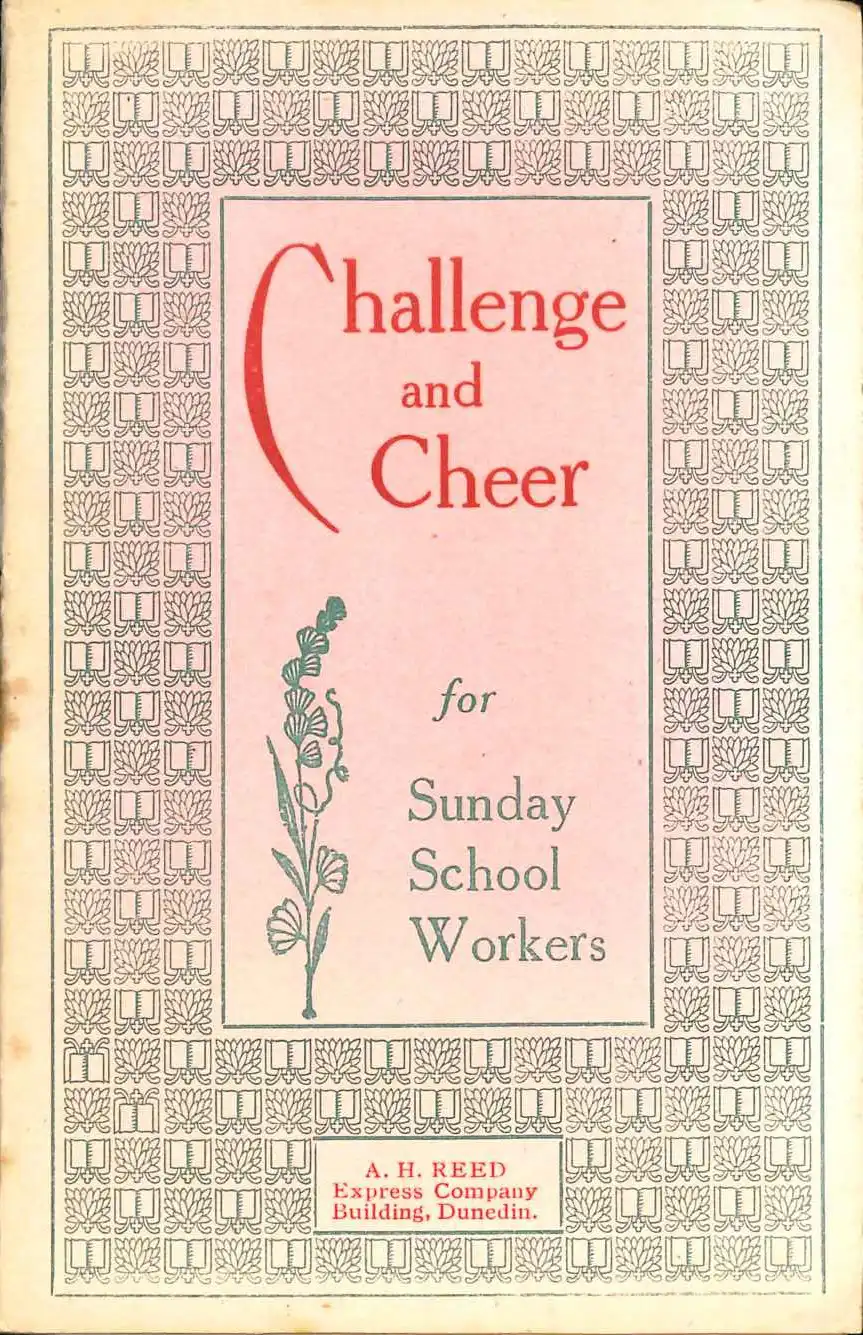
A.H. Reed (compiler). Challenge and cheer for Sunday School workers. Dunedin: A.H. Reed, 1922.
This modest little pamphlet of religious quotations lettered in red and green was published to provide moral support for Sunday school teachers. It was one of the earliest items to be published under the imprint of A.H. Reed.
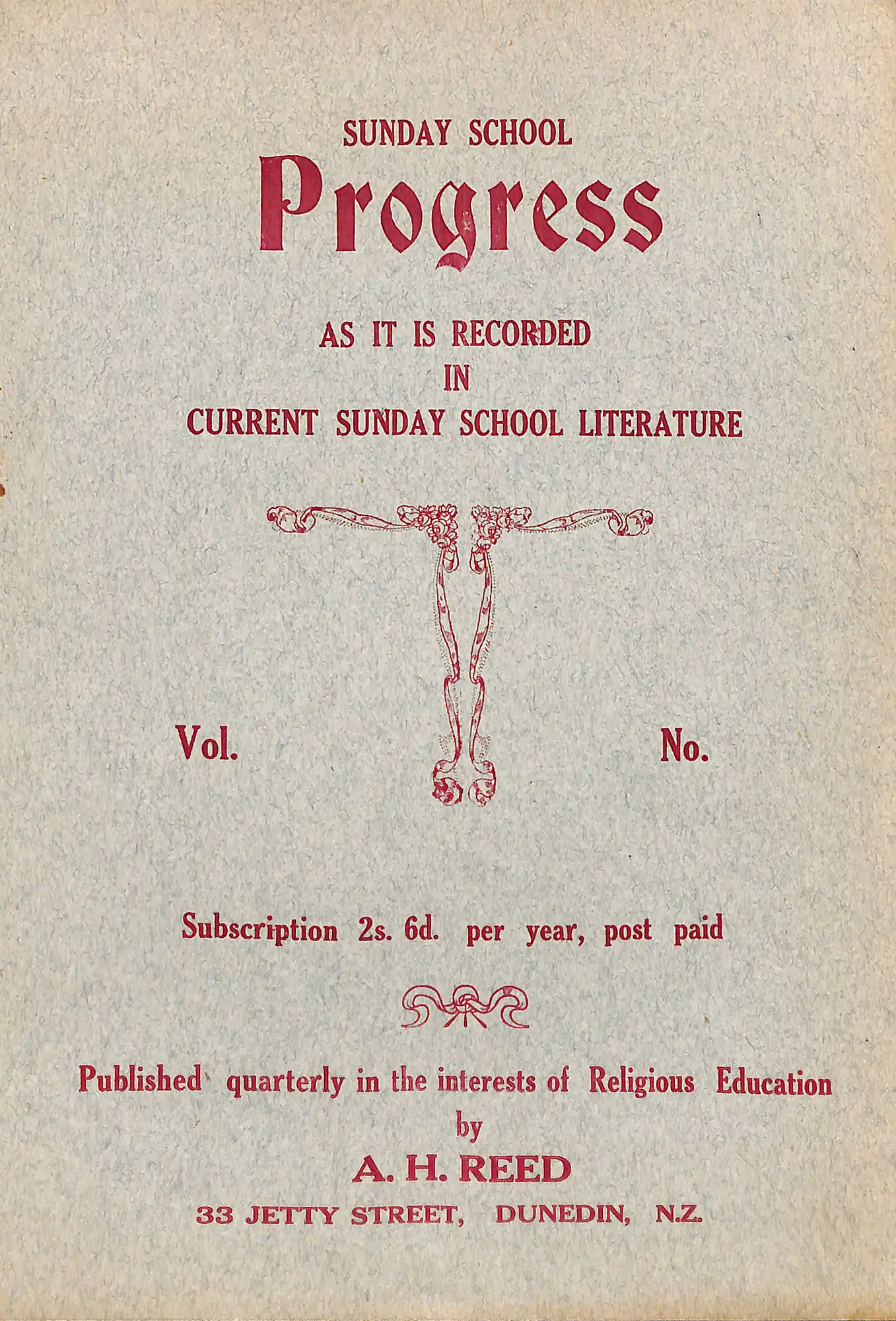
A.H. Reed (editor). Sunday school progress. Dunedin: A.H. Reed, November 1926.
Reed had taught Sunday school and been a lay preacher in Auckland, and soon after arriving in Dunedin began teaching classes at Trinity Methodist Church. In 1900 he became superintendent of the Sunday school, a position he held until 1914 and again from 1920 for some years.
Reed was driven by his desire to improve the effectiveness of Sunday school teaching and began his Sunday School Progress periodical in 1922. Austere in format, it ran for a quarter century and later issues were edited by Alfred’s nephew A.W. Reed.
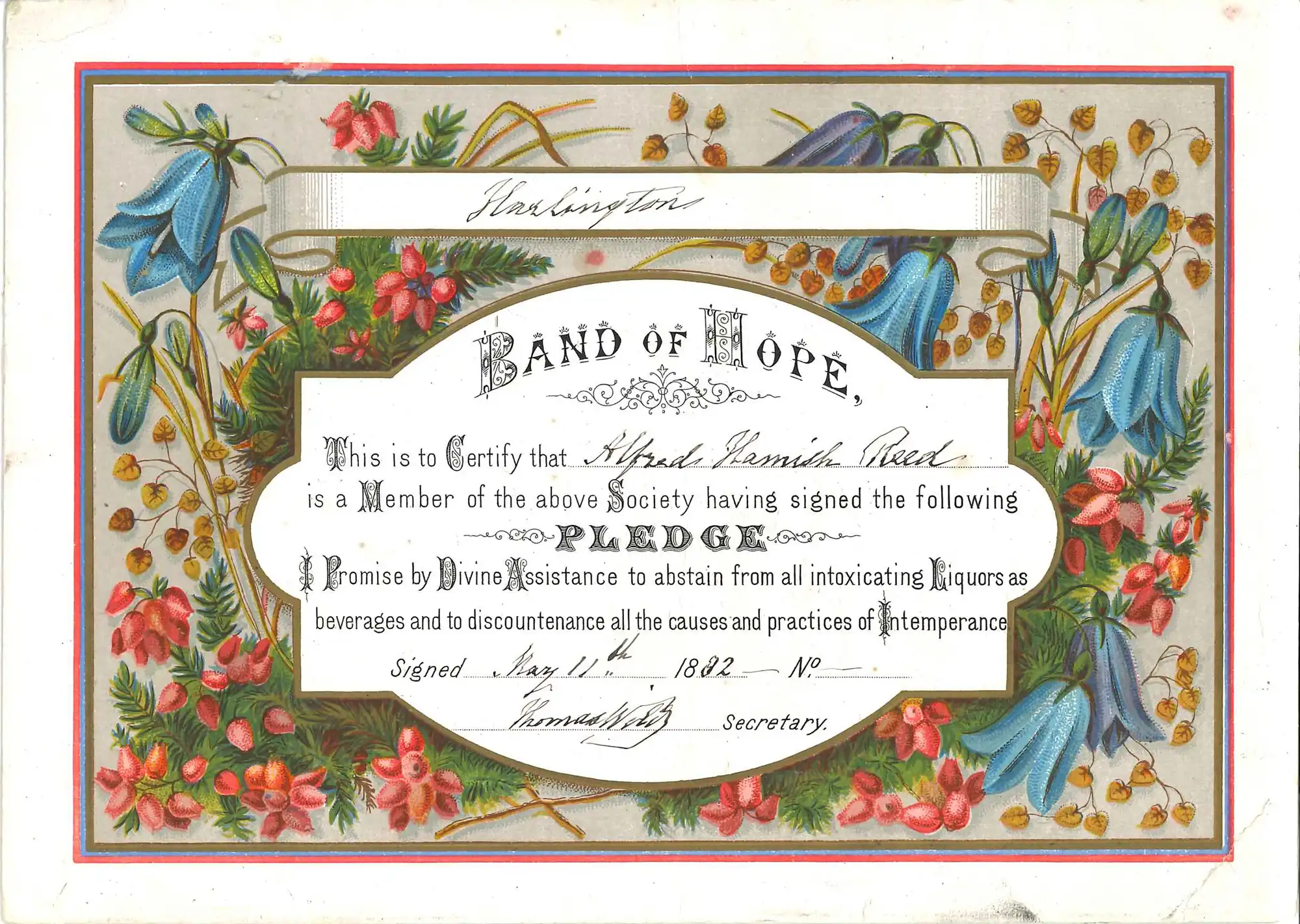
Alfred Reed’s Band of Hope, a childhood pledge to abstain from alcohol, which he would keep for nearly 90 years. Dated 11 May 1882.

Alfred Reed’s Band of Hope, a childhood pledge to abstain from alcohol, which he would keep for nearly 90 years. Dated 11 May 1882.
Open image in new window
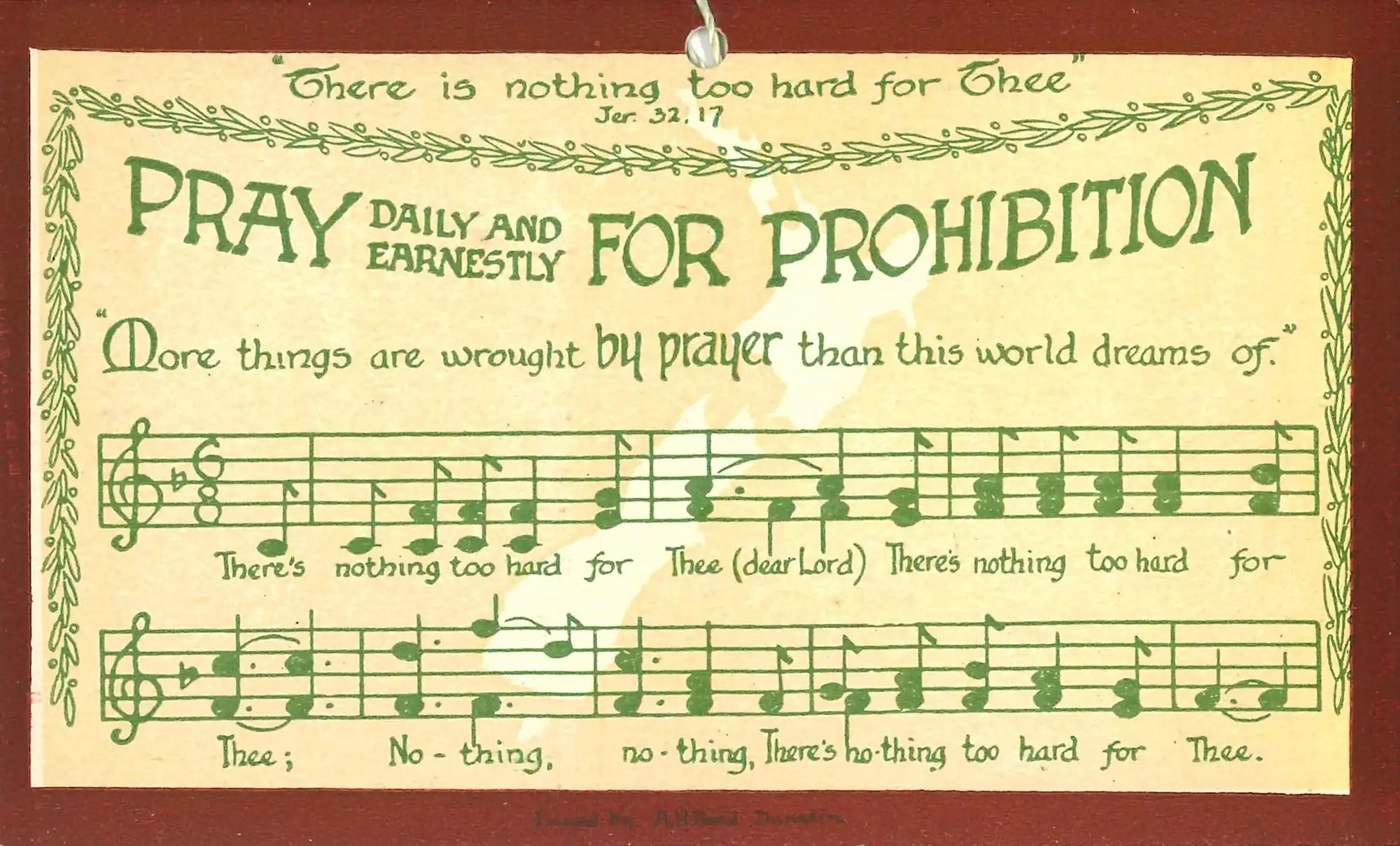
Printed card “Pray for Prohibition” issued by A.H. Reed, 1920s.
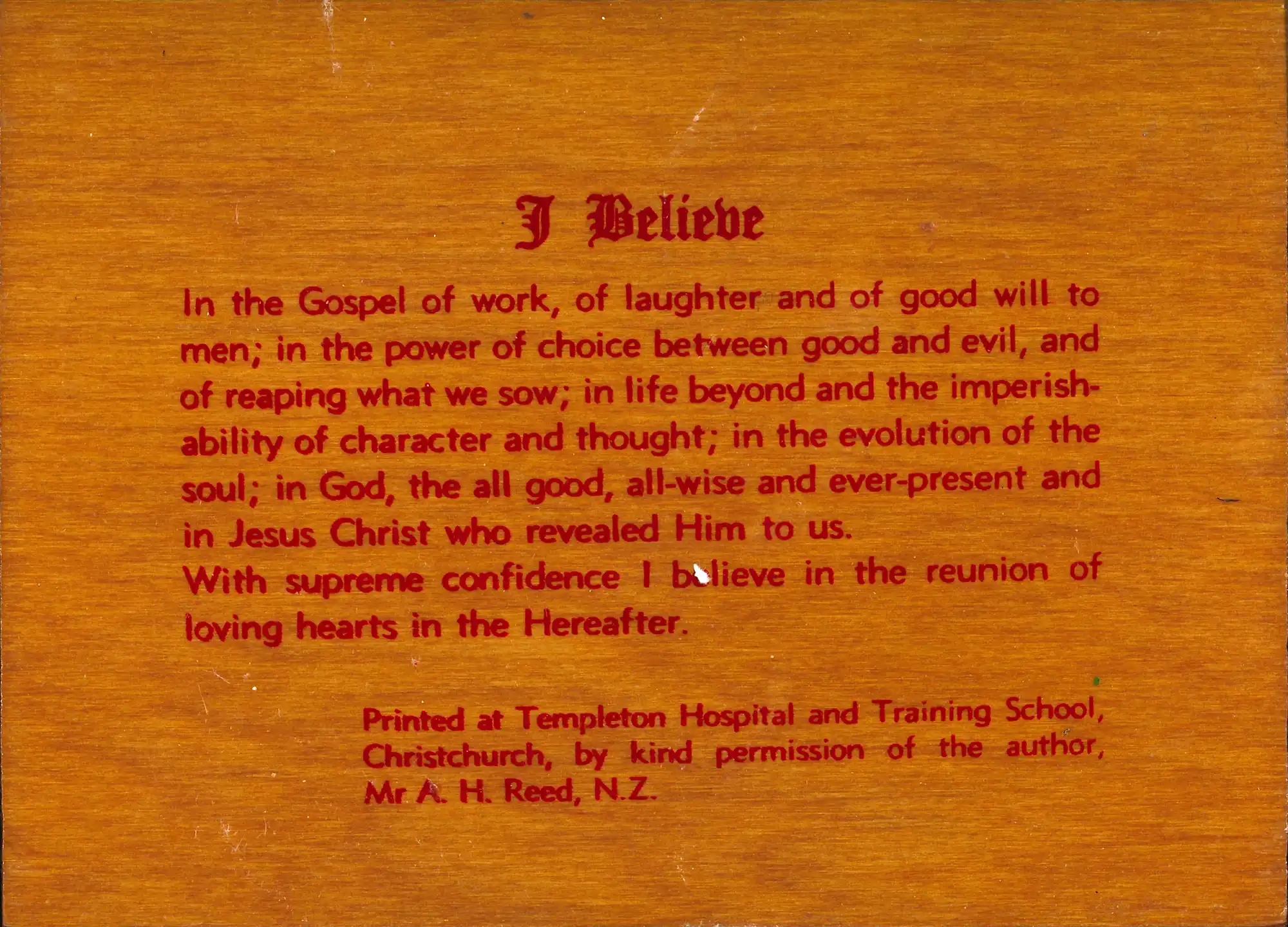
A.H. Reed’s creed on a wall plaque of varnished wood, 1960s.
Reed composed the original version of his personal creed during his time at Featherston Camp when the editor of the Camp Weekly periodical Hector Bolitho requested that he supply one.
After the death of his wife Isabel in 1939, Reed added a clause: “With supreme confidence I believe in the reunion of loving hearts in the Hereafter.”
Reed included his personal creed on various printed cards which he often utilised in correspondence with friends and well-wishers until his final days.
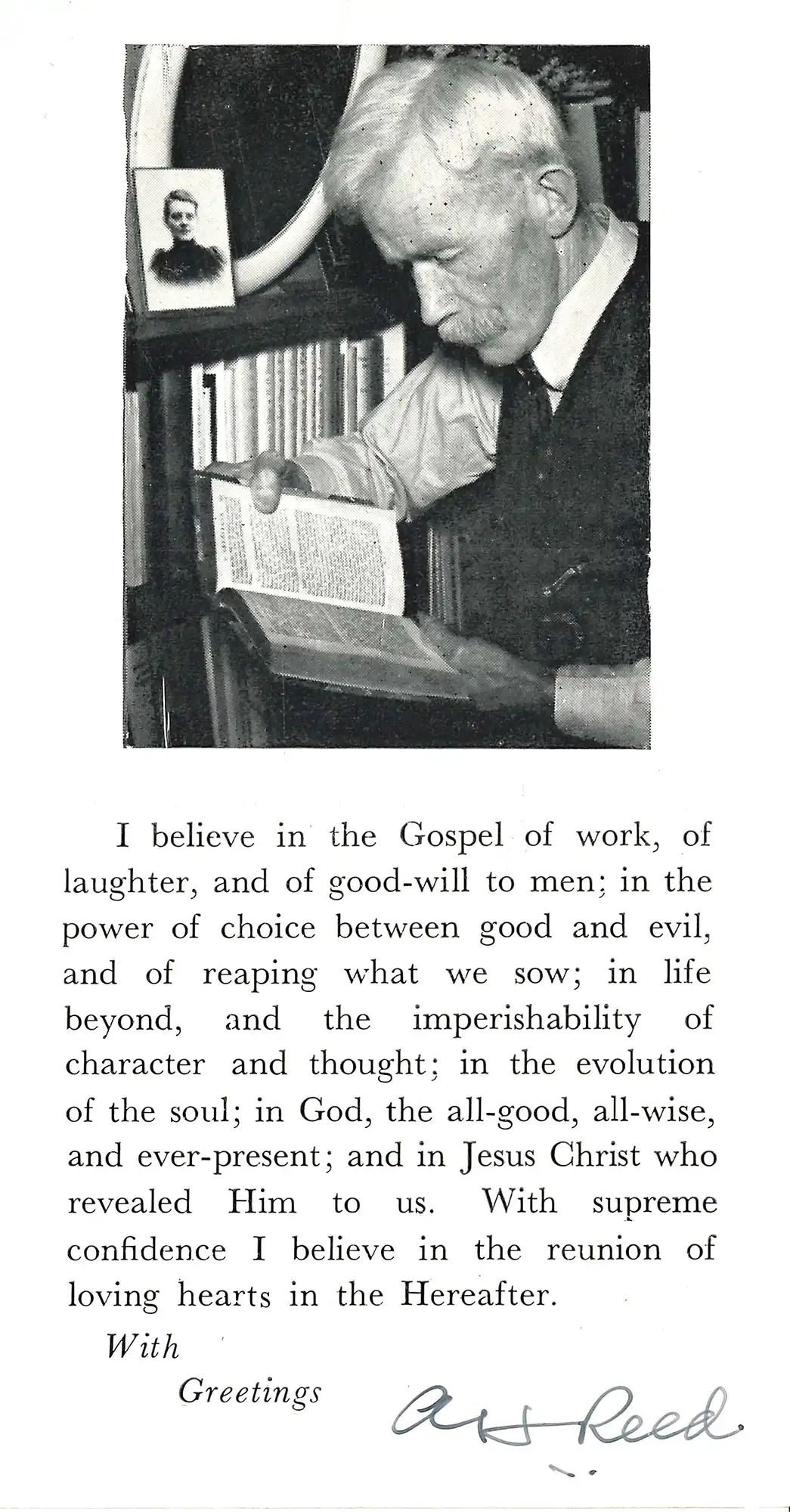
A.H. Reed’s creed on a picture card, ca. 1955.
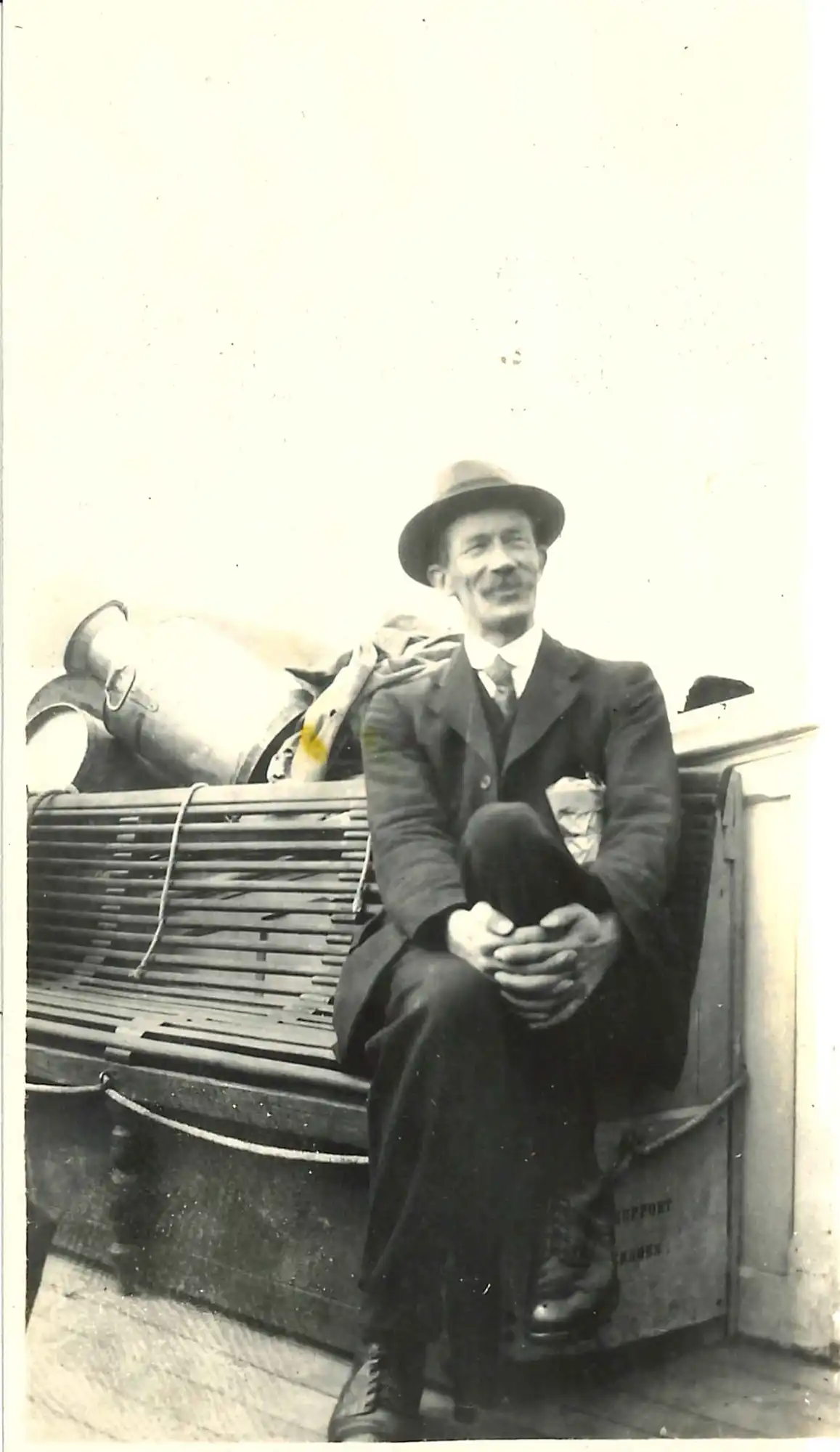
Photograph of Superintendent A.H. Reed on a Sunday School trip on a steamer in Otago Harbour, ca. 1920.

Photograph of Superintendent A.H. Reed on a Sunday School trip on a steamer in Otago Harbour, ca. 1920.
Open image in new window








